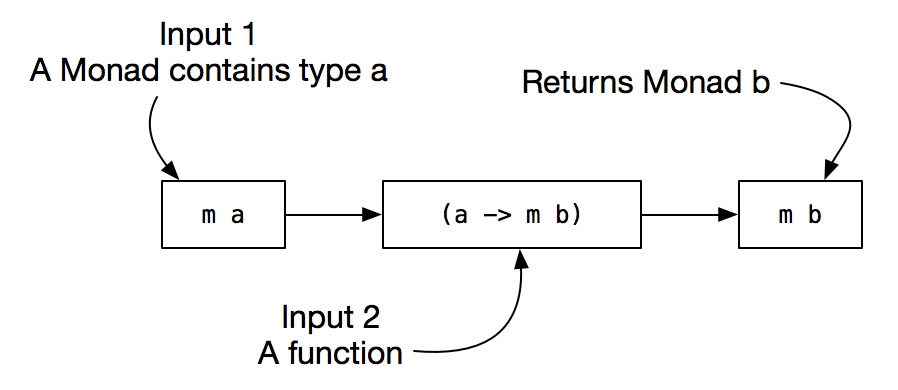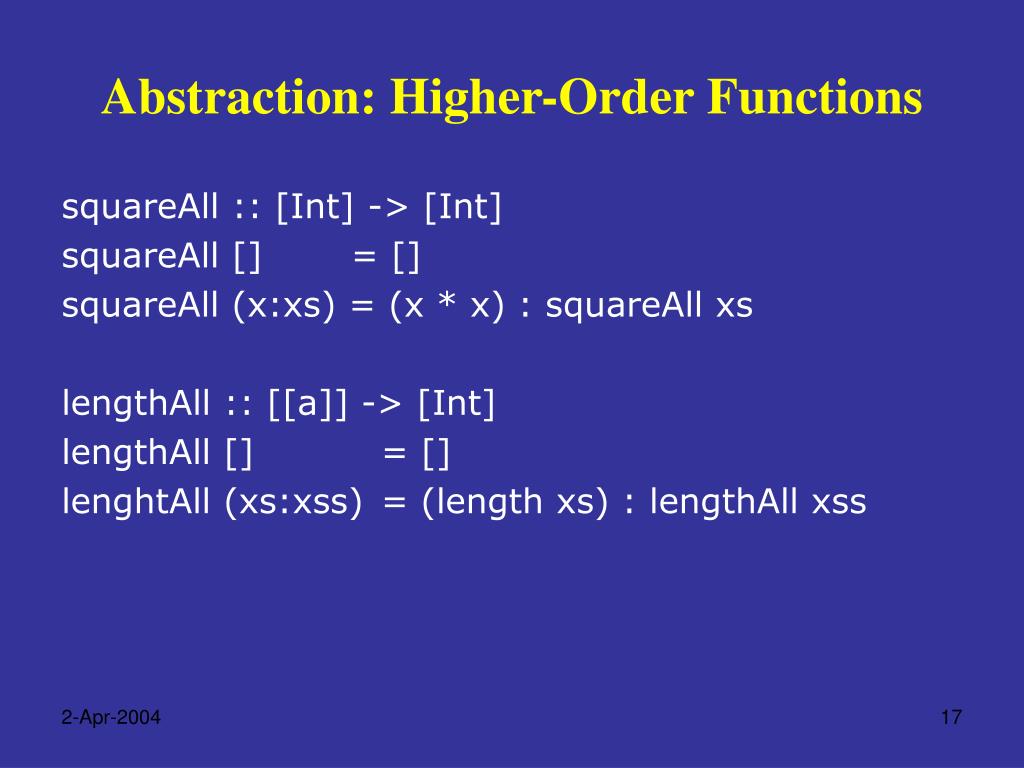
Whenever I come across a good one, I stuff it and put it in my museum. I take a great interest in these curiosities. They impart a martial thrill to the meekest subject. And they are not rare one can open an xmonad.hs at any time and see them marching majestically across the screen - and if he has any imagination he can see the banners and hear the music, too. These things are not operators, they are symbolic processions. Some Haskell operators are so long that they have a perspective. That paragraph furnishes a text for a few remarks about one of the most curious and notable features of my subject - the length and obscurity of Haskell operators.

The sad event has cast a gloom over the whole community. In the hospital yesterday, an operator of thirteen characters was successfully removed from a patient - a web developer from near Baltimore but as most unfortunately the surgeons had opened him in the wrong place, under the impression that he contained a stack trace, he died. To make my point, I call upon Mark Twain, somewhat paraphrased: This in itself is not a problem, but Haskell programmers seem not to have absorbed the lesson that just because you can, doesn’t mean you should. Haskell permits virtually any string of nonword characters to be defined as a new operator.

I refer to the Haskell community’s addiction to defining operators. I have come to believe, however, that this polite exterior conceals a deep and consuming madness. #xmonad is without a doubt one of the friendliest and most helpful channels on IRC, without any of the elite condescension one usually finds on channels devoted to hardcore geek tools like Emacs.
HASKELL OPERATOR FREE
Haskell has always held a special place in my heart I taught myself Haskell by plowing through the ironically-named “ Gentle Introduction to Haskell” several years ago, and it taught me more about clean side-effect free functional programming than any amount of Lisp.Ī programming language must be considered in the context of its community, and Haskell has an exemplary one. For example, Data.I’ve been getting back into Haskell lately because I’ve been using the XMonad window manager, which is written and configured in Haskell. Used to import a module, but not introduce a name into scope. Is a kind of lambda, except that it constructs an arrow instead of a function. See the page on types for more information, links and examples.įor the differences between newtype and data, see Newtype.

Most often, one supplies smart constructors and destructors for these to ease working with them. Newtype FunctionIdentifier = FunctionIdentifier Identifier Newtype SimpleIdentifier = SimpleIdentifier Identifier One sometimes further qualifies Identifiers to assist in type safety checks: This is different from type below, as a newtype requires a new constructor as well. The newtype declaration is how one introduces a renaming for an algebraic data type into Haskell. Module Tree ( Tree ( Leaf, Branch ), fringe ) where data Tree a = Leaf a | Branch ( Tree a ) ( Tree a ) fringe :: Tree a -> fringe ( Leaf x ) = fringe ( Branch left right ) = fringe left ++ fringe right newtype

Supported by any type that is an instance of that class. Introduces a new type class and the overloaded operations that must be If all the guardsĮvaluate to False, matching continues with the next alternative. Of the guards evaluates to True, the corresponding right-hand side isĮvaluated in the same environment as the guard. The decls i in the where clause associated with that alternative. Top to bottom, in the environment of the case expression extended firstīy the bindings created during the matching of the pattern, and then by If e matches the pattern in theĪlternative, the guards for that alternative are tried sequentially from Type, and the type of the whole expression is that type.Ī case expression is evaluated by pattern matching the expression eĪgainst the individual alternatives. A case expression must have at least one alternative and eachĪlternative must have at least one body.


 0 kommentar(er)
0 kommentar(er)
